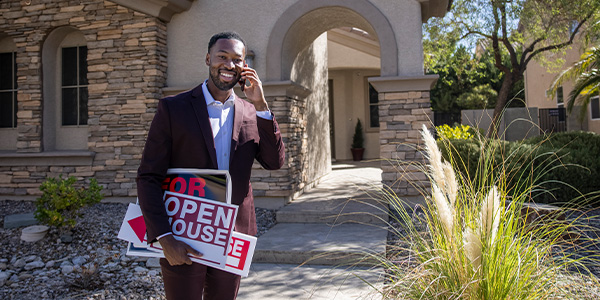Homebuyers
Homeowner's Associations: What You Need to Know Before Buying
June 11, 2018
As the gates swing open into a perfectly maintained neighborhood and your car winds its way past the common area, clubhouse, and perhaps even a pool and playground equipment, the appeal of living in this ideal neighborhood will probably become obvious before you ever reach the house you plan to walk through. While such amenities can greatly enhance a home and its value, they do add an extra layer of expense to living in the community.
The upkeep of common areas like these is often a shared expense overseen by a homeowner's association (HOA), which derives its budget from the fees homeowners pay each month. This is a separate expense that the owners incur in addition to the property and local taxes paid to the municipality for its services.
HOA fees are not optional and are a condition of buying in a certain area. You will be legally obligated to pay these assessments. In exchange, however, you may be relieved of responsibility for lawn care, snow removal, and security, among other amenities.
21.3 % of Americans live in a common interest community.
51–55 % of these communities have HOAs.
Source: Community Associations Institute 2016 data
Determining if an HOA Is Right for You
Some rules come with the amenities that make living in certain neighborhoods more enjoyable. These rules, also called covenants, can cover everything from the size of your pets and overnight parking restrictions to the color you paint your home's shutters and the type of flowers you can plant. For many homeowners, the benefit they gain from belonging to an HOA far outweighs the restrictions. However, before buying you'll want to be certain that you and your family will be comfortable with what will be expected of you.
To help you decide, here are a few extra steps you will want to take before making an offer on the home.
1. Obtain a copy of the HOA's covenants, conditions, and restrictions
Your Real Estate Agent should be able to request a copy for you. This should be reviewed before making your offer since it is a legally binding agreement and the assessments will be a factor in your mortgage application.
2. Look at the HOA's fee history and finances
Develop a feel for how accurate the association has been about the level of fees it charges versus its maintenance expenses. Pay particular attention to the reserve fund. When a reserve fund depletes, special assessments are often put into effect. These will boost your monthly HOA fee for some time.
3. Obtain meeting minutes
HOA boards meet regularly. Having access to the meeting notes can provide insight into how you can expect decisions to be made on your behalf once you are a homeowner.
4. Understand insurance coverage
You will still need insurance on your home—or unit—but it may be impacted by what the HOA is responsible for versus your liability.
5. Verify that the home you are looking at is compliant with the HOA rules
You might face additional expenses upon taking ownership of a home that violates HOA covenants. Knowing what you might need to fix ahead of time will help you fine-tune your offer to the current owners.
6. Make sure you agree with the HOA's maintenance choices
The association may hire lawn service contractors who use equipment that isn't environmentally—or pet—friendly, or they may treat common areas with pesticides that you would not want to use on your property.
HOAs can be a great benefit—and selling point—in terms of reduced labor on your part and amenities, as long as you don't mind abiding by a few rules in return.





 Smart Moves Start Here.
Smart Moves Start Here.